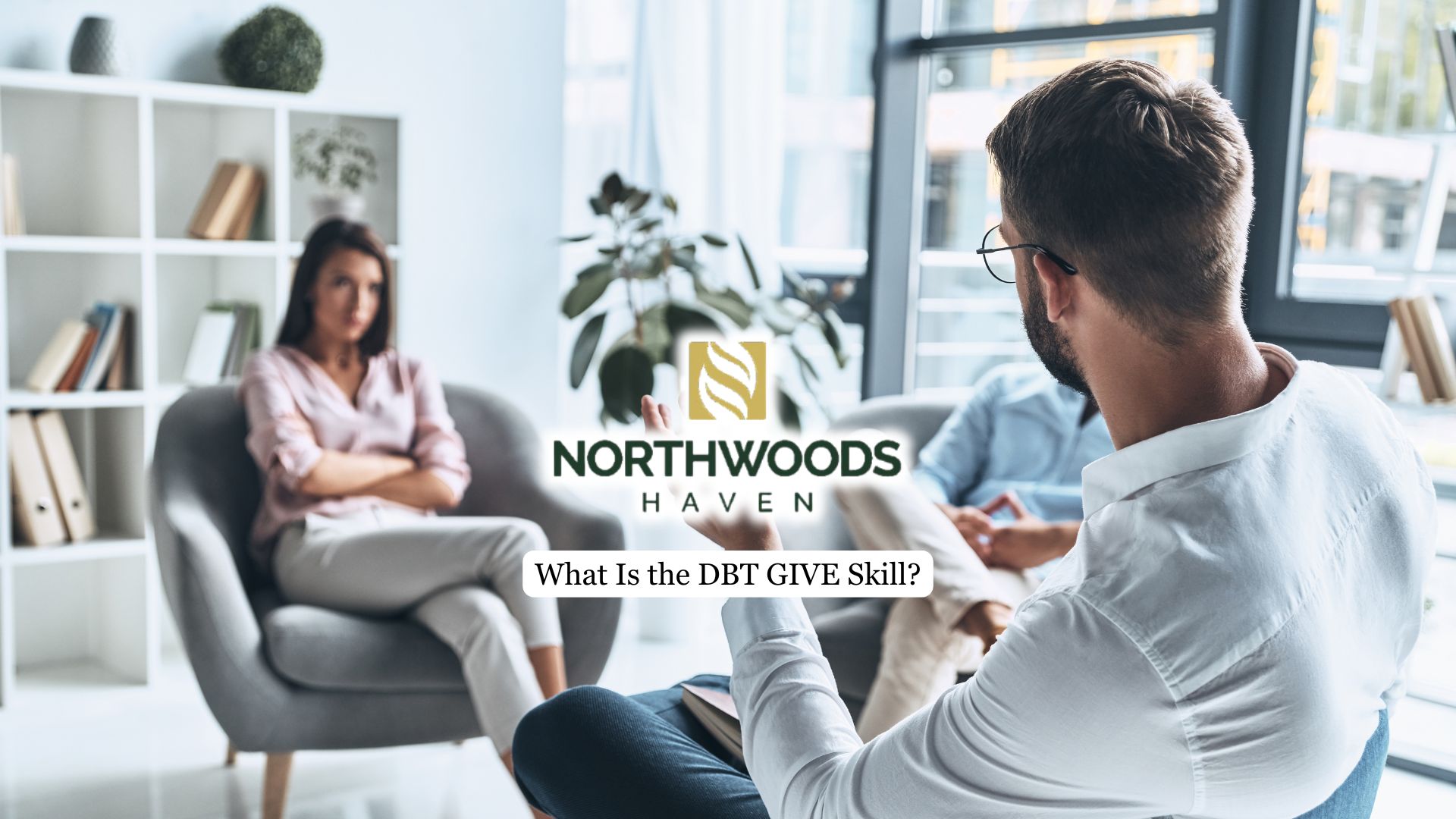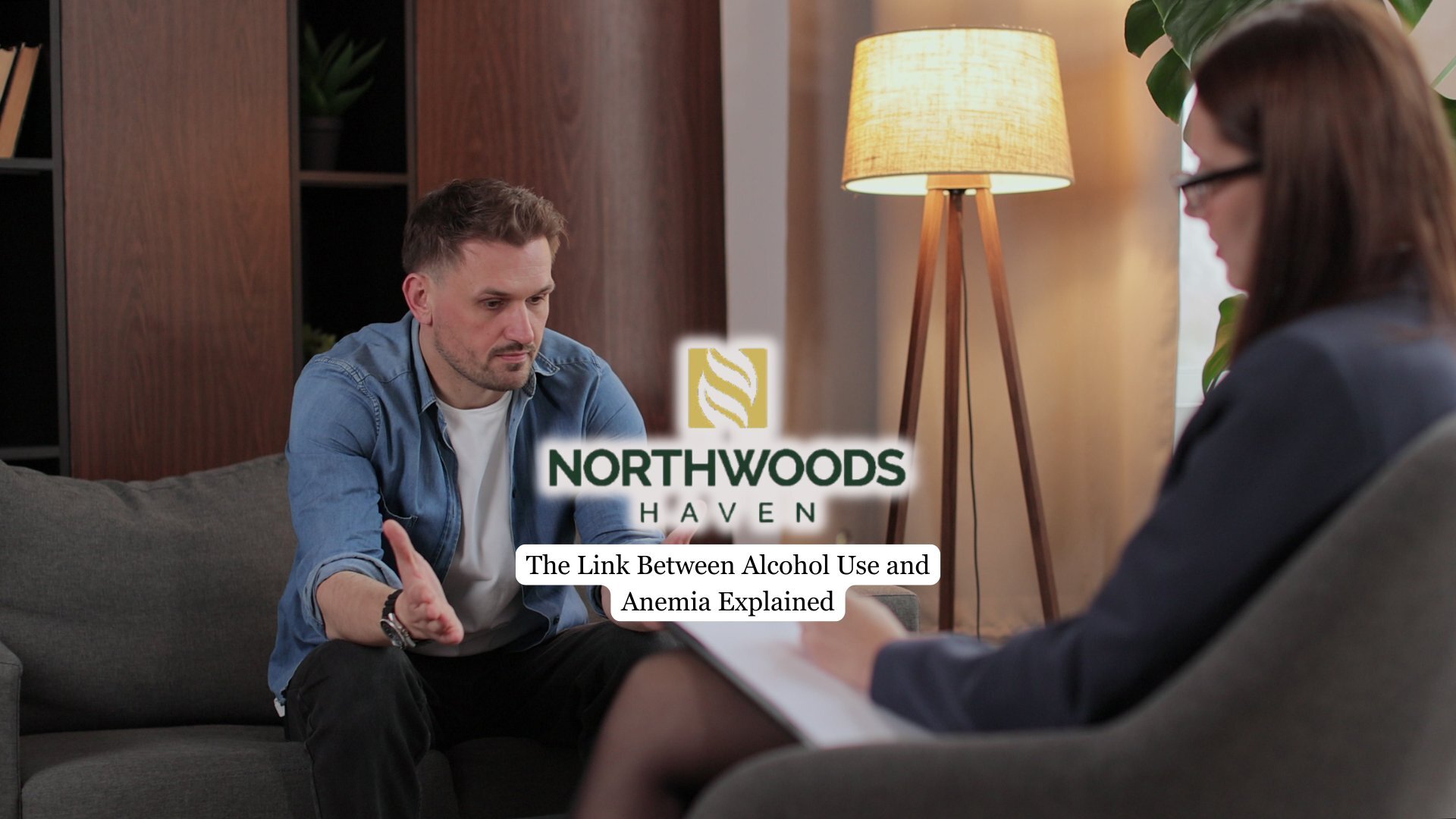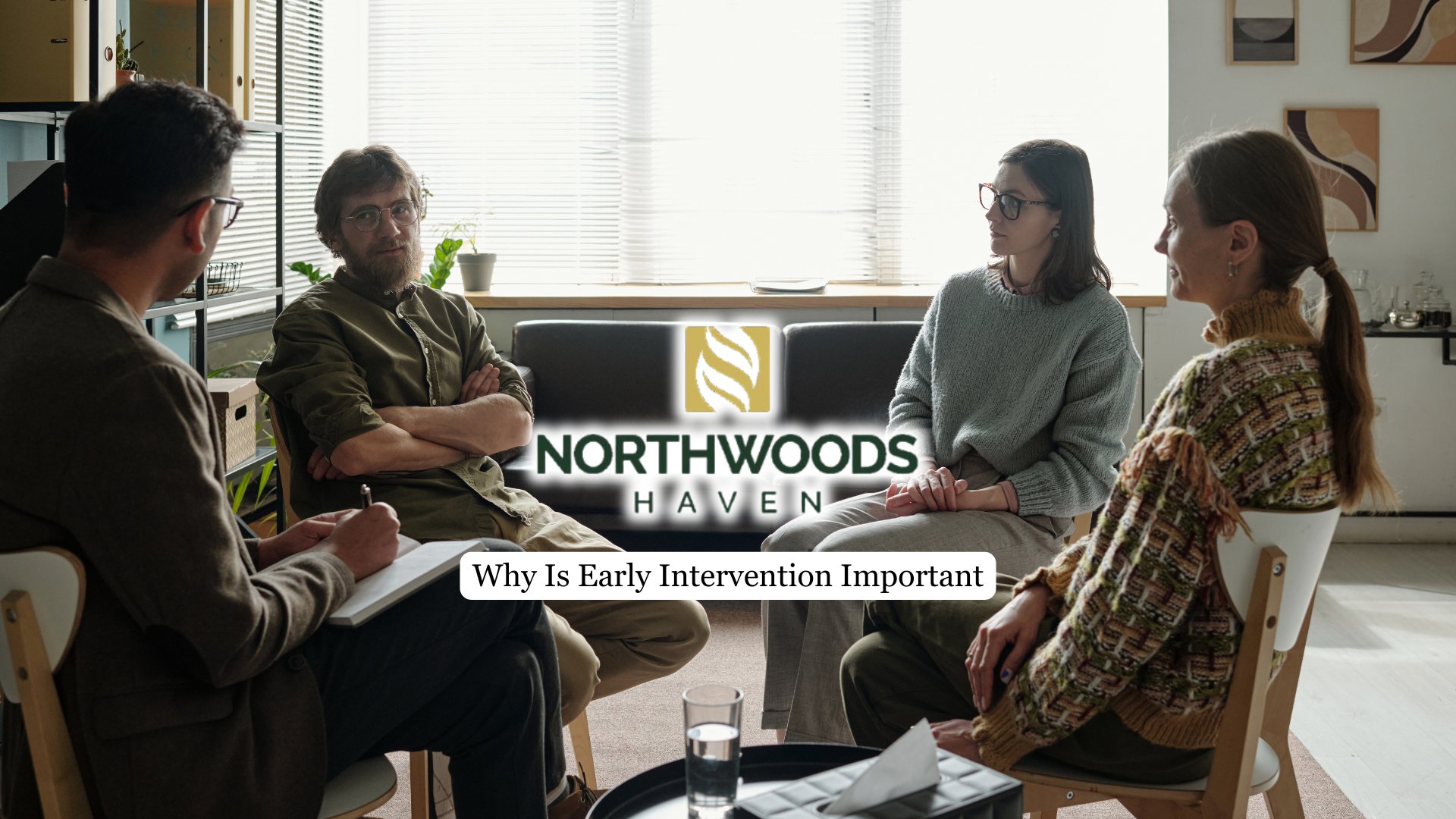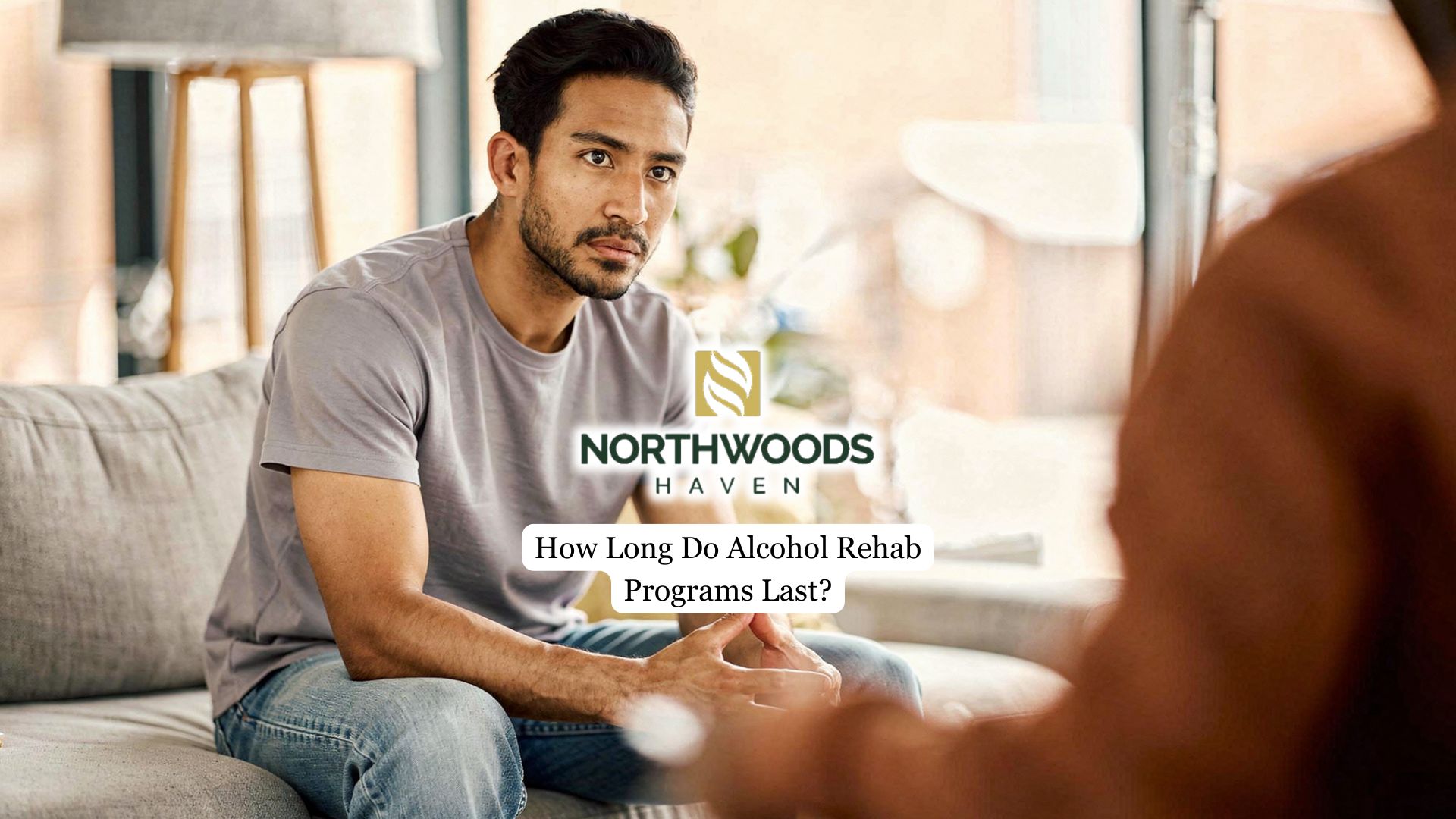Dialectical Behavior Therapy (DBT) is a form of therapy developed by Dr. Marsha Linehan to help people regulate emotions, improve relationships, and manage distress in healthier ways. One of the core DBT tools is the GIVE skill, which teaches individuals how to maintain relationships, communicate with respect, and balance their needs with those of others.
In this article, you’ll understand GIVE and how it can be helpful for people who struggle with conflict, find it hard to say no, or fear losing relationships when they assert themselves.
The Four Parts of GIVE
The acronym GIVE stands for Gentle, Interested, Validate, and Easy manner. This skill is part of the Interpersonal Effectiveness module in Dialectical Behavioral Therapy, which focuses on helping individuals build and maintain healthy relationships.
Each of the four elements of GIVE is designed to reduce conflict, strengthen connections, and promote communication rooted in empathy and respect. By practicing these components consistently, individuals can foster greater understanding in their interactions while also protecting their own emotional well-being.
1. Gentle
Being gentle means approaching conversations with kindness and respect, even when you feel frustrated or misunderstood. It involves keeping your tone calm, avoiding insults or sarcasm, and steering clear of threats or ultimatums.
Aggressive communication often leads to defensiveness or escalation, which damages relationships. A gentle approach helps create safety in the conversation. Use a steady voice, soften your body language (such as open posture rather than crossed arms), and focus on expressing your feelings without blame.
For example: “I feel hurt when plans change suddenly” instead of “You never stick to your word.”
2. Interested
Showing interest means giving your full attention to the other person. It requires active listening skills like making eye contact, asking follow-up questions, and responding in ways that demonstrate you are engaged.
When people feel ignored or dismissed, they’re less likely to communicate openly. Genuine interest shows that you care about their perspective, which fosters trust.
Put away distractions like your phone, nod occasionally, and use verbal cues like “I see” or “That makes sense.” Try to listen more than you speak in order to really hear the other person’s concerns.
3. Validate
Validation means recognizing and affirming another person’s feelings, thoughts, or experiences, even if you don’t share the same viewpoint. Validation is not about agreeing, it’s about acknowledging that their emotions are real and understandable.
People are more likely to calm down and work toward resolution when they feel heard and understood. Validation reduces defensiveness and builds emotional safety.
Use phrases like:
- “I can see why you’d feel upset about that.”
- “That sounds like it was really difficult for you.”
- “Your feelings make sense, given what you’ve been through.”
Even if you don’t agree with their actions, you can validate the emotion behind them. If you or someone you know wants to develop stronger validation and communication skills, which are especially crucial in the addiction recovery process, finding a DBT program can provide structured guidance and support from trained professionals.

4. Easy Manner
Using an easy manner means bringing warmth, lightness, or humor into the interaction when appropriate. It’s about softening the edges of conflict and helping the other person feel comfortable.
Tension and rigidity can escalate conflict, while a calm, approachable attitude helps de-escalate it. Humor and warmth can remind people that they’re on the same team, not adversaries. Smile, keep your body language open, and use a friendly tone. Light humor (when well-timed and respectful) can ease tension, but avoid sarcasm, which can be misinterpreted as hostility.
Why Is the GIVE Skill Important?
The GIVE skill is essential for relationship maintenance. While DBT’s DEAR MAN skill focuses on getting what you want or need, GIVE emphasizes nurturing connections and preserving respect in the process. This balance helps individuals strengthen personal, professional, and family relationships while also reducing unnecessary conflict.
Over time, practicing GIVE can help people navigate difficult conversations, build trust, and sustain healthier, more supportive relationships.
For individuals struggling with intense emotions, relationship challenges, or conditions such as borderline personality disorder (BPD), learning GIVE can be life-changing. It equips people with practical strategies to manage communication, which often leads to reduced stress, fewer conflicts, and stronger support systems.
The GIVE skill is also especially important for those in addiction recovery. Substance use often damages relationships, creating patterns of mistrust, anger, and isolation. By learning to communicate with gentleness, empathy, and validation, individuals in recovery can rebuild broken connections and foster healthier support networks that are vital for long-term sobriety.
What to Expect in Your First DBT Session
In the first DBT session, clients are introduced to the core modules of DBT.. The session begins with a supportive check-in, where participants share their current challenges and goals. From there, therapists explain how skills such as GIVE fit into everyday life, whether it’s resolving conflict, expressing needs, or rebuilding trust in relationships.
Clients are encouraged to practice these tools during group discussions and role-playing exercises, creating a safe space to experiment and receive feedback. This early foundation sets the tone for future sessions, where participants continue strengthening communication, emotional regulation, and coping strategies on their path to recovery.
Final Thoughts from Northwoods Haven Recovery
The DBT GIVE skill is more than just a communication strategy, it’s a framework for showing respect, fostering empathy, and protecting relationships while staying true to yourself. By practicing the four components, you can approach even the most difficult conversations with greater confidence and care, reducing conflict and strengthening connections in the process.
At Northwoods Haven Recovery, we integrate Dialectical Behavioral Therapy (DBT) in Minnesota into our addiction recovery programs to help clients build these interpersonal effectiveness skills in real time. Each group session begins with a supportive check-in, followed by structured skill-building activities where clients learn how to manage cravings, cope with stress, and replace harmful behaviors with healthier alternatives. This hands-on, compassionate approach not only supports recovery from substance use but also empowers individuals to improve communication, strengthen relationships, and create lasting change.



